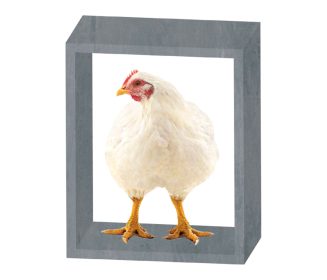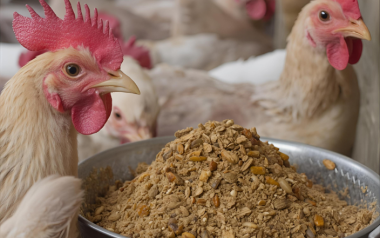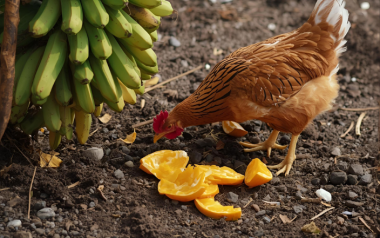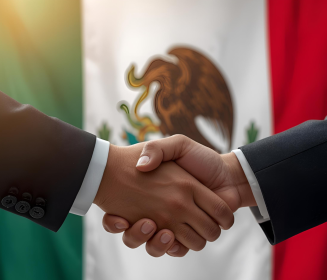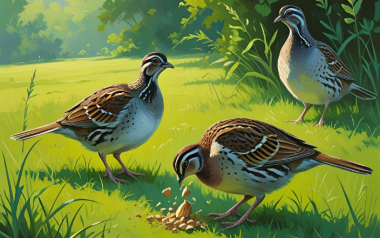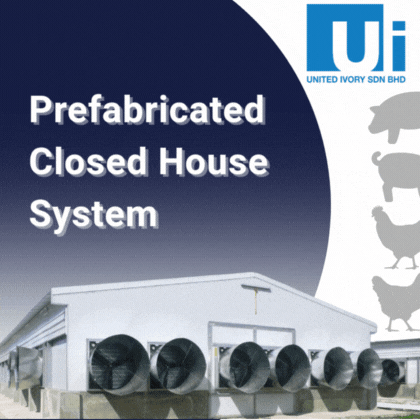12 May 2025
European Protein expands into Malaysia to strengthen Southeast Asian market
The company has now teamed up with Malaysian animal solutions provider Yenher Holdings to set up local manufacturing plant animal feed additives.
European Protein is making major moves to grow its presence across Southeast Asia. With established production facilities in the US and Ukraine, the company has now teamed up with Malaysian animal solutions provider Yenher Holdings to set up local manufacturing.
Sales Director of European Protein, Thomas Pedersen told aviNews Asia at the VIV Asia 2025, this strategic partnership brings several advantages to the region.
Local partnership boons
“We’ve replicated the same setup in Malaysia as we’ve done in other regions—we provide the expertise, while our local partners handle operations and sales,” Mr Pedersen explained.
“Since Yenher already has a strong foothold in the market, it makes perfect sense to tap into their existing distribution channels. This not only helps us localize but also significantly cuts down transportation costs and delivery times.”
Previously, customers in Southeast Asia had to wait up to 60 days for shipments from Europe. Now, with a local production facility in place, overall costs will go down, freight expenses will drop, and delivery will be much faster. This shift is expected to make European Protein even more competitive in the region.
“Even when we shipped from Denmark, we were still able to compete with local suppliers on both price and quality. With this new facility, we’ll be even more cost-effective,” Mr Pedersen added.
Regional presence
The expansion is not stopping in Malaysia. European Protein already serves customers in the Philippines, Thailand, and other nearby markets, and plans are underway to grow its regional customer base.
The Malaysian plant, currently under construction, will have an initial drying capacity of 30,000 tons per year, with future plans to scale up to 120,000 tons annually.
In addition to expanding production, the company is also exploring alternative protein sources beyond soy and rapeseed. One of its most innovative projects involves palm kernel cake as a potential ingredient for animal feed.
“Palm kernel cake has traditionally been underutilized and mostly fed to ruminants. But we see a huge opportunity to upgrade it into a more suitable feed for young animals, including poultry,” said Mr Pedersen.
What it means for poultry and animal feeds
This initiative aligns with Malaysia’s longstanding goal to integrate palm-based products into animal nutrition.
While past efforts mostly remained in the research phase or had limited application, European Protein hopes to shift that narrative by using its fermentation technology to improve the digestibility and nutritional profile of palm kernel cake—making it a more viable, sustainable protein option.
Animal health, especially gut health, continues to be a core focus for the company. “Our priority is to offer healthier feed alternatives. Our fermented soy and rapeseed products have been especially beneficial for young animals and laying hens,” Mr Pedersen emphasized.
With its expanding presence in the region, cost-efficient local production, and commitment to innovation, European Protein is poised to make a lasting impact on the Southeast Asian animal feed industry.







